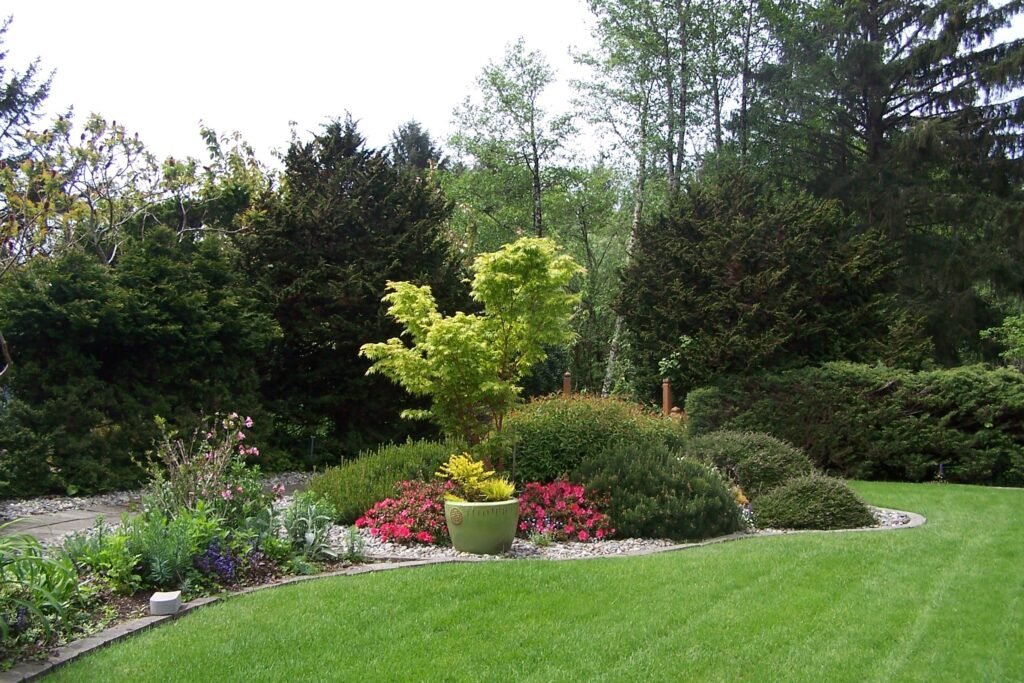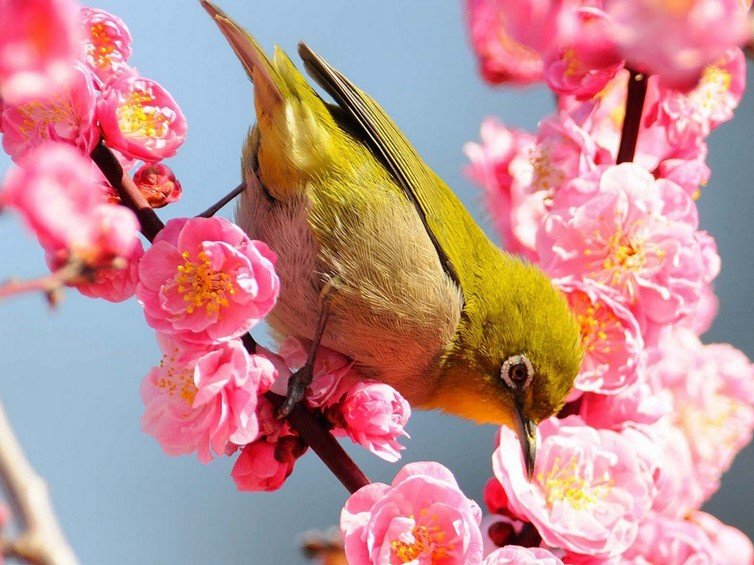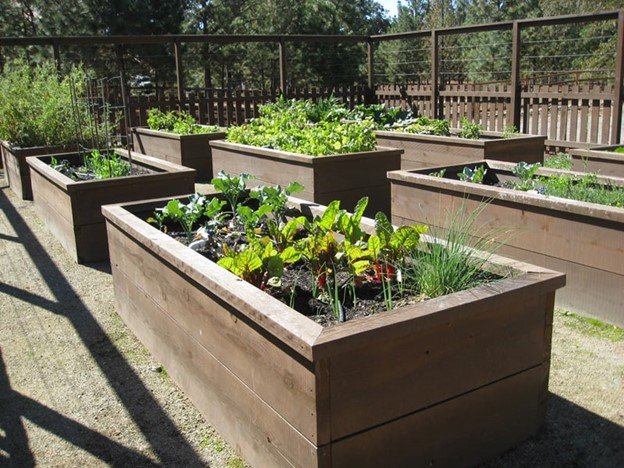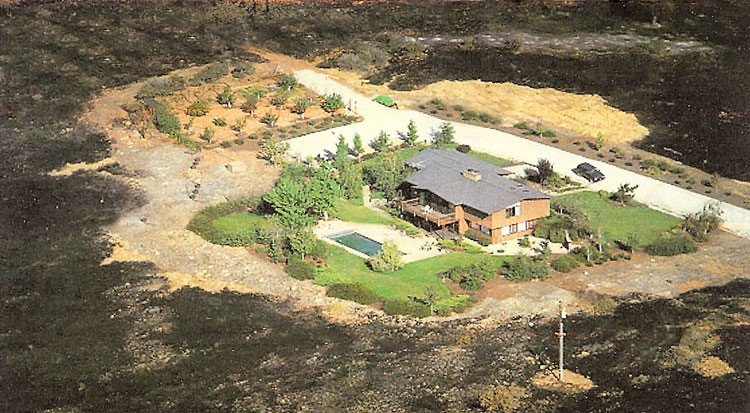Throughout this site there are links to documents of various file types.
Please contact us if you require this information in a different format.
Speakers Bureau
The Grays Harbor and Pacific Counties WSU Master Gardener Speakers Bureau offers a unique opportunity for clubs, schools, businesses, churches, neighborhood, and civic organizations throughout our area to obtain expert speakers on a variety of gardening-related topics, described below.

The presenters are Master Gardeners who have spent many hours beyond their original training to develop an expertise in their specific subject matter.
To inquire about a speaker’s availability, just select a program from the descriptions below and then call the WSU Extension office (360-482-2934).
Extension staff will assist you in contacting the speaker in whom you are interested. (Only the speaker can schedule a presentation.)
Is your garden or landscape optimized to attract our feathered friends? No matter how large or small, your yard and garden can support high-value habitat for birds, pollinators, and their food chains within the ecosystem. Come learn how to enhance (or transform!) your property with plantings and hardscape to better support the sheltering and nourishment of our winged visitors. Kelly Rupp, a local WSU Master Gardener, will share practical perspectives and inspiration to “just do it” for the birds!


Many vegetable gardeners use raised beds, but other gardeners successfully grow fruit and vegetables directly in native soil. Which system is best for you? This session will describe the uses of raised beds and weigh their benefits and drawbacks, so gardeners can decide if they are a worthwhile gardening investment. Some basic tips on raised bed soil preparation and management are also included along with best practices on materials to use and not to use. Discussion on microclimates in your garden for best raised bed placement.

Understanding how climate affects your growing conditions is essential to successful gardening. Climate is a measure of average variation in overall weather patterns over time and over a very wide geographic region or zone. In a garden, climate strongly influences growing conditions: air and soil temperatures, precipitation, and heat accumulated over the growing season. Throughout western Washington, however, varied topography gives rise to a large number of microclimates—small-scale areas where local conditions may differ from those of the surrounding climate zone. Microclimates are created by local factors such as elevation and slope, proximit1y to mountains or foothills, location with respect to predominant wind and weather, and distance from Puget Sound.
Hügelkultur is a German term meaning hillock or mound cultivation. It is a method of building garden and landscape beds using woody material, garden debris, and soil arranged in long, tunnel-shaped mounds. Since these beds are three dimensional, they create additional space for growing plants. Discussion will be on the pros and cons of this method along with best practices of what wood to use and not use. Variations on how to adapt some of the concept into your garden beds.

Each year, wildland fires consume homes in the wildland-urban interface – defined as areas where homes are built near or among lands prone to wildland fire. Studies show that as many as 80 percent of homes lost to wildland fire may have been saved if brush around the homes were cleared and defensible space created around structures. There is no better time than now to prepare and educate your family, friends, and neighbors. Make sure everyone knows what to do to protect people and homes in case of fire.

Reference: WA DNR: Defensible Space – Prepare Your Home
WSU Extension programs and employment are available without discrimination. Evidence of noncompliance may be reported through your local WSU Extension office.
Cooperating agencies: Washington State University, U.S. Department of Agriculture, and Grays Harbor and Pacific Counties.
